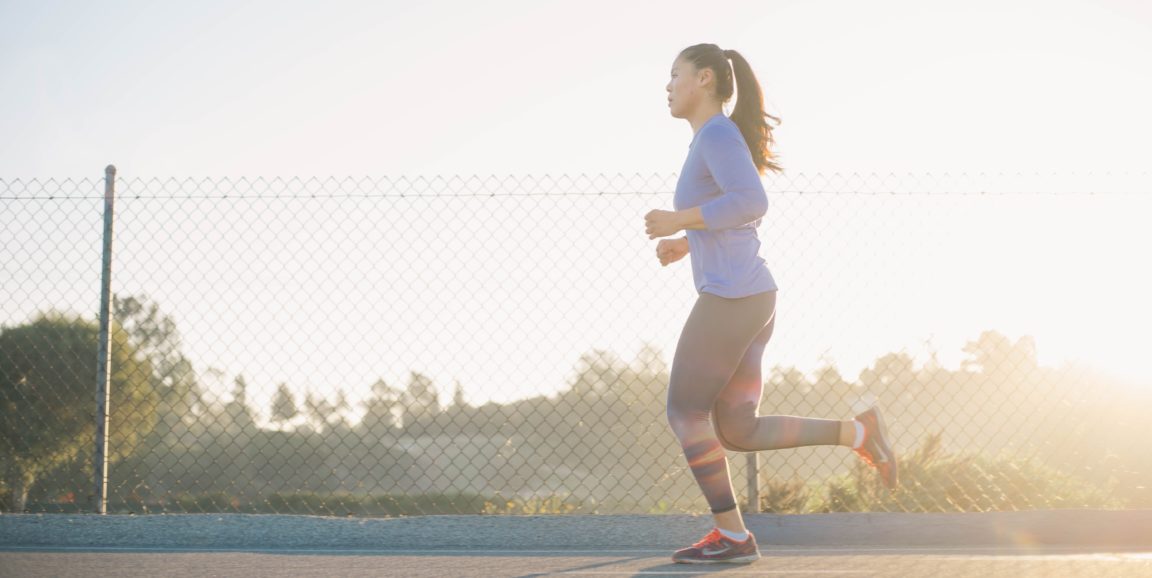Americans looking for some reliable guidance on exercise habits (and aren't we all?) might want to check out a recently issued report from the U.S. Department of Health & Human Services (DHHS).
The report, which encompasses exercise research from the past 10 years, improves upon the DHHS's current physical activity guidelines, which were released in 2008. It provides a run down of a number of science-backed ways that exercise bolsters your mind and body -- including lower risk for dementia, lower risk for cardiovascular disease and less weight fluctuation.
The scientific report, formulated by the DHHS 2018 Physical Activity Guidelines Advisory Committee -- an independent body of senior-level scientists -- is a precursor to the official guidelines for Americans on physical activity and health, due to be released later this year. The top-notch scientists selected to be on the Advisory Committee shared a wealth of knowledge across the physical activity field, including the affects of physical activity on the brain, the impacts of sedentary behavior (including extensive sitting throughout the day), the benefits of persistent exercise and ways to increase your daily physical activity.
Now, you can have a say too. In fact, the public is encouraged to take a look at the report and write to the federal government to provide comments and feedback. The deadline to do so is March 31, 2018.
Stanford's Abby King, PhD, a professor of health research and policy and of medicine, co-chaired the advisory committee that lent their time and professional knowledge. "During the past 10 years a substantial amount of new evidence has accumulated that underscores the importance of a physically active lifestyle for achieving even more health benefits than were originally identified," King told me in an email.
The goal of issuing this report, she explained, is to review and update the science in the physical activity field, but also to expand the review to areas that weren't considered in the 2008 review, such as brain health, sedentary behavior and the promotion of regular physical activity.
Alongside her role as co-chair, King chaired the subcommittee which focused on the promotion of physical activity and, along with other committee members, weighed in on the benefits of physical activity. "Evidence demonstrates that regular physical activity reduces risk for a large number of diseases and conditions, including a number of cancers, as well as heart disease, type 2 diabetes, stroke and dementia," King said. "For regularly active older adults, strong evidence demonstrates a reduced risk of falls and fall-related injuries."
Surely if you ask anyone "Is physical activity good for you?" they'll nod. But King notes that about half of the adults in the U.S. aren't physically active enough to receive all of the benefits that physical activity can offer. Even 10 minutes a day can perk up your health.
The good news is that it's never too late to up your game. "The committee also reviewed strategies for promoting more regular physical activity," said King. "Regular walking -- one of the easiest, most convenient and enjoyable forms of exercise reported by a number of Americans -- is a great way to achieve many of the benefits of physical activity. You could also take part in community exercise programs, as well as setting your own personal goals and regularly tracking your physical activity levels through today's mobile devices." And of course, as King pointed out, there's always power in having a physical activity buddy.
Photo by Andrew Tanglao




